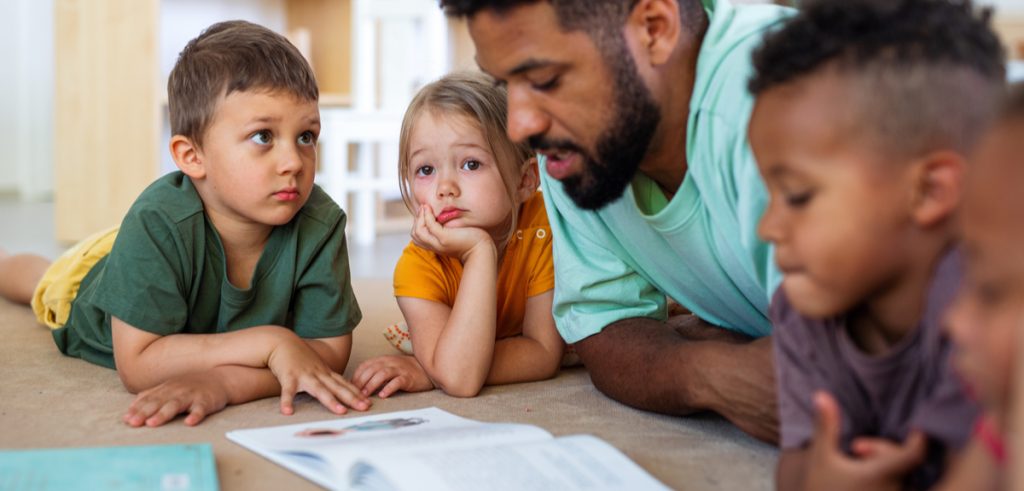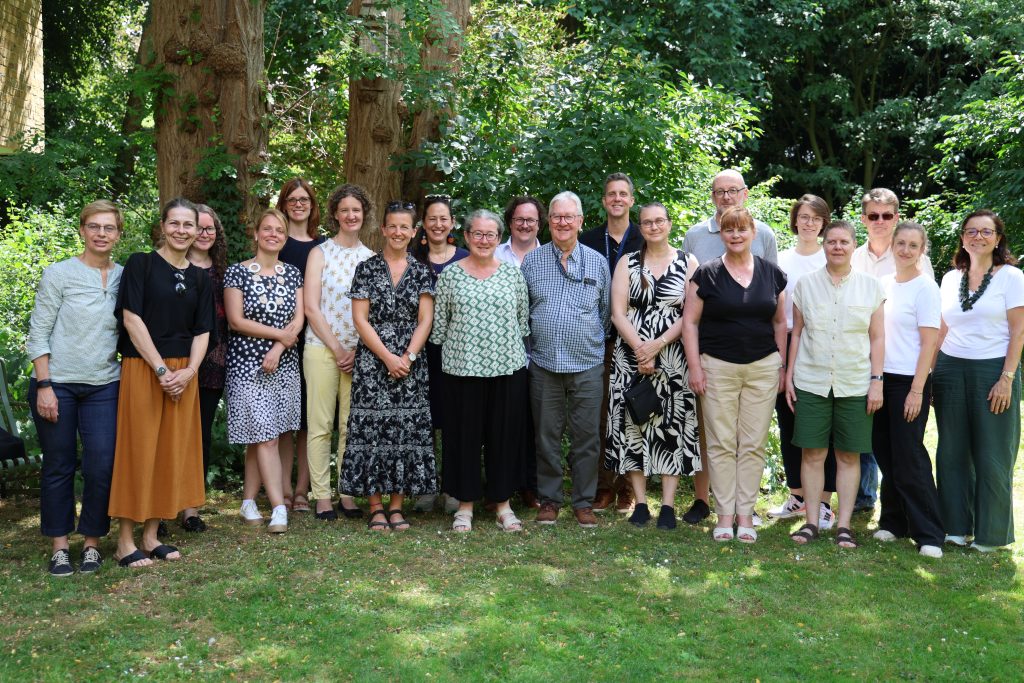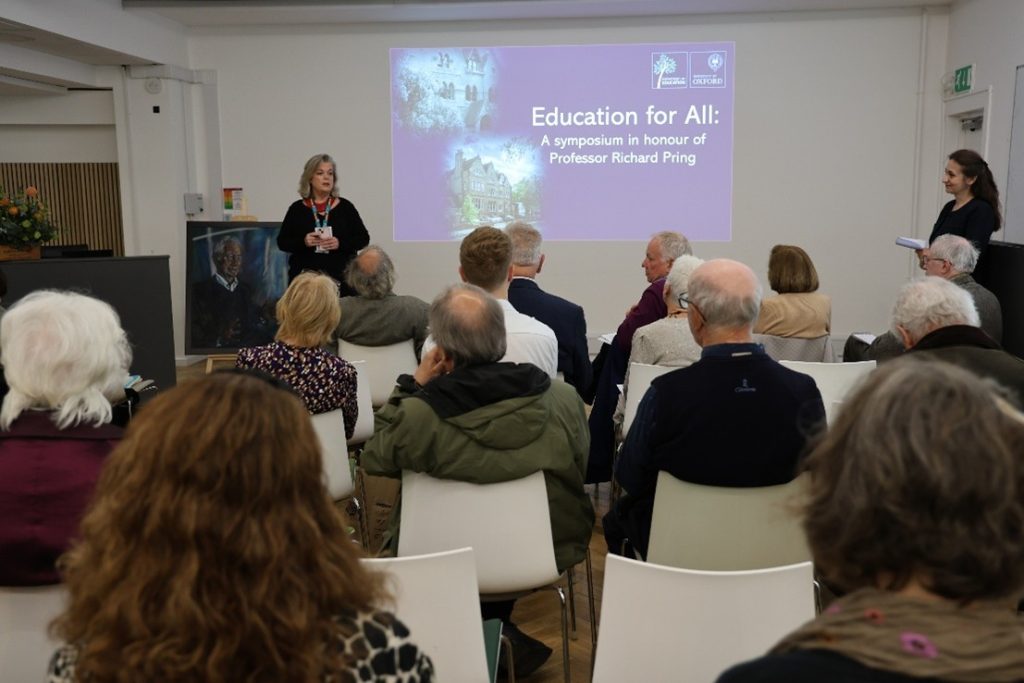Early childhood education in England has undergone a ‘levelling up’ in the last two decades, according to research from Professor Edward Melhuish, and Dr Julian Gardiner of University of Oxford’s Department of Education.
A study report on nearly 5,000 children, Study of Early Education and Development (SEED): Impact Study on Early Education Use and Child Outcomes up to age seven years, published by the Department of Education, notes, ‘There has been a levelling up in the ECEC [Early Childhood Education and Care] experiences of children across the socio-economic spectrum.’
According to the researchers, there is near universal use of early education, compared with the last century, and an increase in overall quality, ‘So children’s ECEC experiences across the population are now more equivalent…any effects of ECEC differences upon child development are [therefore] likely to be reduced.’
The report states ‘there is less variation in amount, or quality, of ECEC experiences across the population’, concluding that, ‘The situation for children now is substantially better than it was at the end of the twentieth century.’
Comparisons with earlier research indicates quality is generally higher than in previous decades, associated with better child outcomes at age seven, including Key Stage 1 English, Maths and Science. An early start to formal ECEC, and more of it, is shown to be associated with better outcomes specifically for disadvantaged children – supporting the UK’s policy of free early education for 2-year-olds in the lowest income families
The study found the family environment is also a ‘powerful influence’. According to the report, ‘There were benefits for children from a household with higher socio-economic status, higher income and a household where someone was working.’
The report says, ‘The largest influence on all the child outcomes analysed was mother’s education. Father’s education was also a significant influence on certain child outcomes, even once mother’s education was controlled for.’
The research also indicated, ‘Aspects of parenting such as the home learning environment and warm child-parent relationships had a beneficial impact on academic outcomes, while more ‘permissive parenting’, leading to less structured environments for children, was associated with poorer outcomes.’
This is the latest example of over 40 years’ research by the Professor of Human development and colleagues, which has influenced policy in the UK and overseas and is aimed at improving the lives of millions of children.
For further information about the study, published by the Department of Education, see https://www.gov.uk/government/collections/study-of-early-education-and-development-seed











